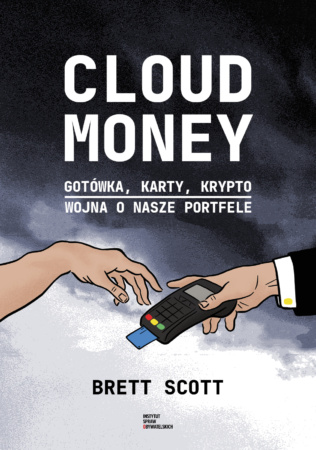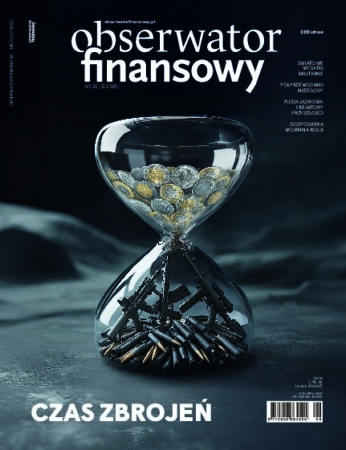The idea of using budget deficits as cover to cut spending that couldn’t otherwise be cut—a concept known as starving the beast—seems to be resurfacing (see
here and
here). This is a view I once held back in the 1970s. Just cut taxes, I thought, and pressure to balance the budget will manifest itself in the form of spending cuts that will reduce the size of government and increase growth, which would further reduce the size of government as a share of GDP.
The problem is that this idea presupposed that there was significant support in Congress to reduce the deficit. Unfortunately, there has been no serious concern about the deficit in either party since the end of the Clinton administration. While both parties share some blame in this regard, there’s no question that more of it belongs to Republicans. They cut taxes willy nilly during the George W. Bush years, massively expanded entitlement spending by enacting the Medicare drug benefit without paying for a penny of it, started two wars without paying for them either, and approved all pork barrel projects proposed by any Republican no matter how worthless.
In the process, Republicans also destroyed whatever political support there was for a balanced budget—along with their own credibility on the deficit. Consequently, the whole premise of starve-the-beast theory has gone straight down the toilet. Yet, to my amazement, Republicans and Republican lackeys continue to talk about cutting taxes with no corresponding spending cuts as if it is the height of fiscal responsibility. (See this silly Larry Kudlow
column and Diane Rogers’ evisceration of it
here.) When pressed, they fall back on starving the beast even though there is not one iota of evidence giving it operational meaning since at least 1996, when Ross Perot last ran for president. It has become, in fact, nothing but a license for Republican fiscal irresponsibility.
A couple of years ago I went through the history of starve-the-beast theory in great detail
here. Ironically, the originator of the idea turned out to be none other than John Kenneth Galbraith. To the extent that I personally had any role to play in putting this awful idea into play I regret it.





















